quiet borderline personality disorder
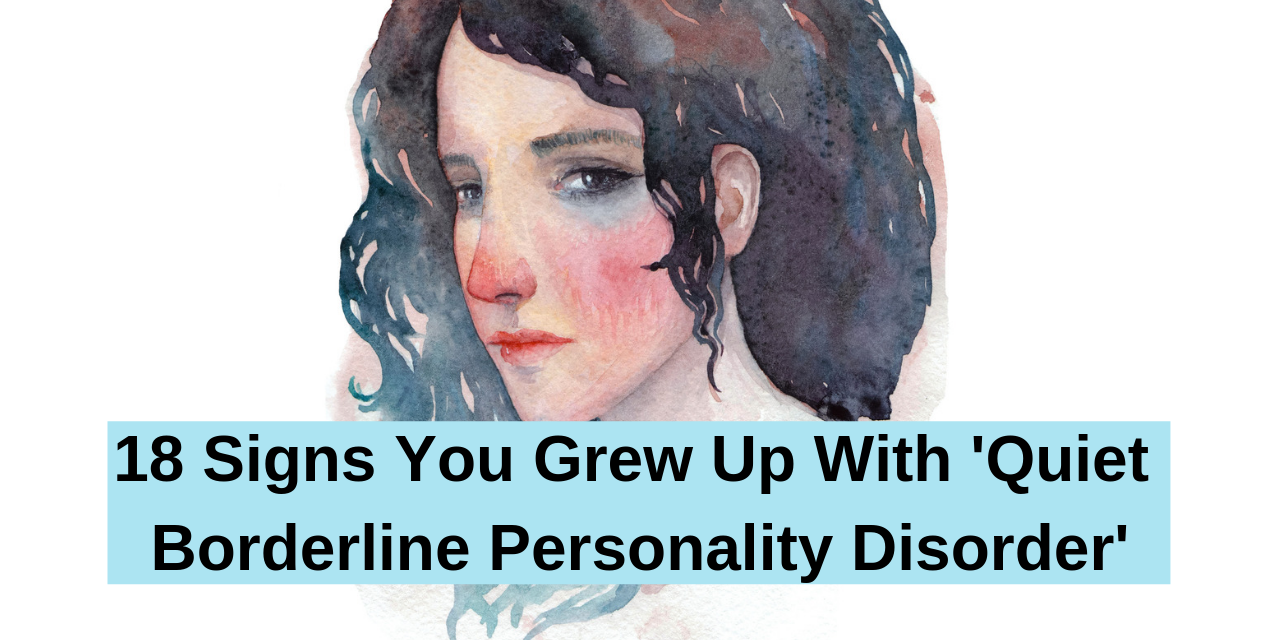 18 Signs You Grew Up With 'Quiet Borderline Personality Disorder' | The Mighty
18 Signs You Grew Up With 'Quiet Borderline Personality Disorder' | The MightyFor intense, sensitive and endowed signs of the silent BPD: Are you suffering in silence? The silent BPD looks different from the "typical" of BPD. Silence BPD means "actuas" instead of acting. You may not have stereotyped BPD symptoms as frequent outbreaks of anger, but suffer in silence. You may seem calm and high functioning, and instead of 'explor', implore and collapse from within. Your arms and legs may be covered with scars, but you hide them. Your heart is close to breaking, but you never want to carry anyone around you. While there is now more awareness, most people do not know that BPD is manifested in different forms. Psychologist Theodore Million identified four types of border personality disorders – 1. discouraged or the "quiet" border line (Quiet BPD), 2. impulsive border 3. petulsive border and 4. Self-destructive border line. Perhaps the word 'subtype' is misleading. Not that there are four "different groups of people." Instead, these categories describe different ways to cope with an incredibly painful condition: some people struggle, some people flee, some people dissociate. It's a matter of specter, rather than categorization. No one has either completely "classic" or "quiet" BPD, or should be labeled as such. As we discuss "quiet borderline" or "Calle silenciosa BPD", be aware that it is a survival strategy, not a definition of your personality. What's the quiet cop? The stereotypical image of the BPD is one that involves dramatic behaviors: anger overloads, big arguments with partners. These characteristics describe someone who 'acts'. Having a silent BPD, however, means "activities." You feel and struggle with all the same things... The fears of abandonment, mood swings, extreme anxiety, impulsivity and black and white thinking (splitting); but instead of 'exploring', you implore. You may not have frequent outbreaks of anger, but internalize your emotions and painful struggles. Aggression or irritation is directed towards yourself. When activated, they rarely throw others out, but they get in isolation and engage in self-injury behaviors. Your arms may be covered with auto-arromar scars, but you hide them. You may feel that your emotions are wrong, you are "too much" for others, your existence in itself is a burden, or you do not deserve a place in the world. You'd rather be suffering than affect other people, so you keep everything. People with the silent BPD tend to have a style of avoiding attachment; many have co-morbid features of avoidant personality disorder. Instead of other reactions' struggle, 'light', or 'fall', you freeze' against trauma and pain. The silent BPD is more dangerous than the classic form of the disease because it is difficult to fatten the emotional distress within you. When you have emotional needs, you tend to numb or dissociate. Instead of seeking help, you retire from those who care for you. Even if they try, you're not allowing them to help you. Do you have a silent BPD? Do you have a silent BPD? Do you experience an intense walk through the emotional roller coaster often? When you're upset, is it all shame, hatred or anger directed at yourself? Do you often find yourself thinking, "I must have said or done something wrong," or "must have been guilty"? Do you stay awake at night with paranoia because someone who cares didn't return a mobile text? Do you distance yourself from friends or colleagues without trying to talk to them about what bothers you? Do you find yourself thinking that your very existence is a burden on others? Do you live denying the anger you feel? Does it spiral into crushing depression or tend to isolate itself in the slightest mistakes it makes in its interactions with people? Is there any incidences in which you have wept for days, stayed in bed and remain unmotivated towards life without anyone knowing? Here are eight specific symptoms that characterize the silent BPD:1. You call yourself even if it's not your fault? Do you feel that your friends and partners can do much better than you? Do you feel that your presence is annoying to others? Do you get physically punished when you feel like you didn't do the best of yourself or were you guilty? Do you always criticize yourself for your behavior and even your thoughts? Will you excuse yourself for everything? Most of the individuals suffering from the silent BPD are blamed for everything that is wrong. You tend to assume too many responsibilities for conflicts or arguments in a relationship. Even when you were abused, you can blame yourself instead of directing your anger to those who have hurt you. 2. You are quiet on the outside but suffer in the interior Since you do not feel that it deserves attention and care, you hold things in. You're incredibly good to camouflage, saying what others need to hear and present you in a socially acceptable way. People think you're doing well, and you may not get there while you fight in isolation. You may suffer from what is known as Research has found that people with BPD are and may feel the pain of other people as their own, but since they do not have the language to identify and express these feelings, they are found as antiempatric. (New A.S. et al., 2012) Since you don't have the language to channel your pain, 'express' your anger and hurt through a series of self-destructive behaviors such as alcohol or drug abuse, garbage use, compulsive theft, imprudent driving and so on. It may be due to your childhood or social condition that you have developed what psychologists call a "false me." You hold a "happy, successful and normal" image even when you are paradoxically demoroned inside. You keep a façade of perfection and keep up with your external achievements, because somehow, you have learned that you are not fundamentally and inherently worthy of love. You change your time for recognition and your soul for external approval. By hiding behind the socially successful person, others do not get to know how real you and do not see that you need help. You locked yourself in a glamorous but solitary place. This leaves a void in your heart, and the pain of not living a full life eventually erupts. Socially, you feel like you're sleeping in a nail bed. As much as you would like to get involved, being around others feeds your self-dobla and anxiety. Disagreement at work, an indication that your partner is unhappy with you, or if your parents compare it to someone else, you can push your buttons to an extreme degree. Eventually, you would prefer to retire socially to avoid shame and emotional storms. You become increasingly disconnected from the world. You can get involved in a common symptom of the BPD called "partir" — where people become "every good" or "all bad," or when you are going to intensely love someone to hate them. When someone offends you or hurts you, they become someone you hate (all bad). In the silent BPD, instead of facing them or bursting in anger, you shut up. You may disappear, ignore the offender, get rid of them on social media, or give them the silent treatment. If you do not give others the opportunity to explain or try to repair the relationship, they may not even be aware of what has happened. As a result, you could have lost friends and feel afflicted and isolated. Because avoiding is your primary coping mechanism, you avoid not only social situations but also your inner world. You tend to close when feelings become overwhelming. When you dissociate, you become You may experience depersonalization and derealization, where you feel out of contact with reality, as you are observing from outside, or experiencing reality as unreal. When things become stressful, you run your life as an automatic pilot while you feel nothing inside. Not only emotionally, you can feel physically numb, unable to prove or feel anything. You feel like you're living in a movie or in a dream, or if you were living someone else's life. You could have forgotten a lot of your life story and suffered part of amnesia, not able to gather a coherent narrative of your life. The lack of emotional validation is at the core of the BPD wound. It makes sense, therefore, that you would like to look for your partner or those who are close to you what you have wanted all your life but could not get. You can be constantly trying to make 'everyone' happy. Maybe you put an excessive amount of time and effort into being the mediator, confidant and peacemaker. Or you can't say it doesn't even mean sacrificing your own needs. You can do anything just to avoid conflicts and anger. When you get emotionally attached to someone, you cling sensitively to every word and action of them, constantly trying to figure out if they like you or take care of you. Even in the slightest hint that someone is upset with you, you feel that your world begins to crumble. You become incredibly anxious for potential rejection if friends or partners do not keep plans or return their calls. Because you're afraid of conflicts, you're always editing and checking to make sure you never offend anyone. You may feel rigid, contrived, and not be able to enjoy friendships and relationships in a carefree way. The stereotypical image of someone is BPD is that they are clingy and needy. A person can. Fear of leaving behind causes chronic anxiety, panic attacks and hypervigilant physiology. In terms of attachment patterns, these behaviors are related to the eager attachment style. However, with the silent BPD, its fear of abandonment can be titrate with a pattern of avoidant attachment. Not only does he fear abandonment, but he also fears privacy. You can avoid relationships completely, or avoid exposing yourself. At the time a romantic partner comes to know the real you, you find a reason to break it. Convinced that you'd eventually stay, you'd rather finish the relationship before I'm done with you. Having a good relationship or a job where you are appreciated fills you with discomfort. You doubt yourself and deep down do not feel that you deserve good fortune, appreciation and love. You'd prefer to reject the joy that was later disappointed. Therefore, you push opportunities and hope. This pattern prevents you from reaching your full potential. You have always changing ideas about who you are, what you're doing, or where you're going in life. You want to feel that you belong somewhere, but at the same time you find it difficult to engage with an effort. One minute you are totally in a person, a social movement, an idea, or a belief system, and the next moment you lose interest in them. With constant changes in your relationships and career, it is difficult for you to establish a sense of stability for your mental health. The psychodynamic behind the silent BPD: anger became the interior of the psychodynamic behind the silent BPD: anger became the interior At the core of the silent BPD is a frustrated relationship with anger, where instead of angering a healthy channel to be expressed, you have learned at some point in your life to turn it into yourself. Since the Freudian era, psychoanalysts have understood that depression is an aggression that has been directed (mis). Such an act, although above all unconscious, is what depletes a person's strength and energy, causes toxic shame, low self-esteem, tendencies that please people and self-destructive impulses. This mechanism is usually developed by the need to survive a childhood where our primary caregivers had been. Because of their immaturity, mental illness, undiagnosed neuro-atypical traits (such as autistic spectrum, Asperger or ADHD), extreme labor or health requirements, their parents may not have the ability to "have" emotionally. Instead of acting as a container for many of their childhood and childhood needs, they were turned off when you looked for attention and avoided playing or playing with you. Or they were physically present but emotionally blank. They could have reacted contempt to his call to the connection, condemned him for being too much. As a child, being needed was their ways of expressing love and seeking connection from others. However, if your parents were easily overwhelmed and responsive to your needs with impatience, frustration or even repugnance, you could not interiorize a fundamental sense of merit. Some parents are afraid of conflicts or intense emotions. When you cry or get frustrated, they scare you, and in turn they punish you for what they feel. If your parents responded to your anxiety by climbing or turning hysterical, you would receive the message that your presence was a nuisance or even a threat. They were that they could barely contain their own anger and anguish, much less yours. As one, it soon became clear that any intense emotion, especially anger, was not welcome. The only option you had left, therefore, was to turn back to any frustration you experienced towards yourself. It was safer to lead all the blame on yourself than risking losing attachment and the love of the only people you depended on. There was nothing you could have done to control these people who were more powerful than you, so all you could do was monitor you very carefully, and use self-blame as a way to make sure you don't get over yourself. This unconscious survival strategy creates a configuration for the silent BPD: Not only was your trauma invisible, but you were also trained to remain silent about it. The way you've learned to preserve a relationship was to be an anxious subordinate. Although this mechanism could have been necessary when you were a small, dependent child who had to deal with emotionally volatile parents, it is not sustainable and creates other psychological disorders later in life. As Freud says: "Unexpressed emotions will never die. They are buried alive and will come out in more ugly ways." The trauma he has had in his body and the psyche eventually erupted, leading to a myriad of silent BPD self-destructive symptoms, such as chronic self-allocation and self-armation. Healing from the silence of the BPD Healing from the silence BPD "Ray is an acid that can do more damage to the container in which it is stored than to anything in which it is poured." – Mark Twain Having a "quiet" BPD puts you in an isolation position because it is more difficult for people to recognize that you need help. It may take a lot longer to get a precise diagnosis. Mental health professionals often overlook when evaluating someone with the silent BPD program. Since you do not show the classic signs of BPD (i.e. anger and explosive behavior), you may be given other labels such as bipolar, depression, anxiety or Asperger syndrome. Not long ago, popular opinion in the medical profession was that the BPD was not treatable. Now there are several treatment options, such as psychotherapy, , Dialectic behavioral therapy (DBT), Transfer-focused therapy, and Mentalization-based therapy (MBT). There are improvements in the way these treatments are offered. Silent BPD diagnosis can be difficult as there are no external symptoms of distress. Because you keep bottling emotions, even loved ones may not recognize the signs of your breakdown. But in your heart, you know that something is a mistake, and if the reading of this article has saved your inner struggle, then you are on the verge of an epiphany. No matter what your child conditioning has taught you to believe, you are worthy of love, care and healing. If you can create a safe place for your past to be processed and your pain to be channeled, your silent BPD will become materials for your growth and connection with others. Qualifying milestones for silence BPD The deepest wound of someone with the quiet police is that they are not worthy. Maybe years of child neglect or abuse, or any chronic situation that has led you to interiorize the idea that you are someone defective and deserves less than other people. Perhaps you were intimidated and silenced, and it was never safe to express your true feelings. Maybe you were the target, so you learned it was safer to hide. It could also be that the adults around you fear conflicts and have, so you never learned to act in an assertive way. One way or another, you have been to serve someone else's emotional needs. You've never learned that you're also allowed to crumble, be vulnerable and come to help. Instead, when you get in touch with your genuine needs, all you feel is guilt and shame. His inner critic tells him that he must be perfect to be loved, that his true self is too much for others, or that he must feel ashamed for being needy or vulnerable. All these beliefs paralyze you more and prevent you from going from healing to prosper. Leaving the silent BPD is slowly undoing deep-rooted beliefs that have kept you in isolation and perpetuated your psychic injuries. In truth, everyone in the world, including you, are perfect in your imperfections. Slowly and gradually, get tied up and learn to accept that the people who care for you do it with all your imperfections. ***Your BPD becomes 'fast GDP' because from a young age, you have learned that it was not safe for you to express anger. Now a part of you is convinced that it is always 'savo' to blame yourself for those who depended. This mechanism has followed you to adulthood; even today you equate anger with the loss of attachment; so you would prefer to quench your own needs and want you to risk 'steering the boat' with anyone important in your life. A common reaction to trauma or childhood memory that caused severe emotional stress is to block them. A part of you wants to pretend that nothing bad has happened. Even if you remember childhood pain, you don't want to recognize that the past continues to prevail in the present and that it is making it difficult for you to live fully. Maybe you're worried that once you open the beat of memories and tears, they never stop. You're afraid that once you start blaming your family, anger will submerge you and destroy all your relationships. At first, it can be unthinkable that you can tell your story without the burden of guilt or shame. But you could start the process by having an 'lit witness' as a therapist. When you are able to do healing work in a therapeutic space, carefully crafted and maintained with compassion, you will notice trauma processing of the past is not only safe but essential for you to advance in life. In a safe space, you can "emotional time-travel" when everything happened. How did you get silenced and suffocated? Your innocent needs were met with affection or hostility? What episodes do you remember about your childhood? The goal in therapy is not to be trapped in guilt, but to release what needs to be released. In this process, you will also learn to be a friend and manage your emotions, including unpleasant as sadness, and the apparently threatened as anger. You can go through your emotional storms, even if they feel uncontrollable. A part of this can be cultivating the mind, so it can be a , instead of being in the middle of it. You can learn to see that only because you are feeling something does not mean that it is reality. You acknowledge and accept your intense feelings, but that doesn't mean you need to act on them. The next step for healing is to recognize that the past is no longer present and that people do not have the power to hurt, threaten or oppress you. You're a lot stronger than you were, and you could trust yourself. With guidance and practice, you are now able to set firm limits, act assertively and protect yourself when necessary. With humility, you can also begin to see the dark consequences of passive aggression or the lack of assertiveness. These strategies can help you escape conflicts on one or two occasions, but they are in the long term harmful to any relationship. With some practice, however, you can start with minimal steps, such as indicating your desires and preferences in small matters. When you realize that not only these attempts did not produce negative consequences, but they are welcome, you will feel more capable of taking the next step. If you have surrounded yourself with people who take advantage of your submissiveness, you may have to make some conscious effort to rehuffle and protect your interpersonal space. With deliberation, get away from people in their lives who are negative, judicious and dominant. Instead, surround yourself with people who have the emotional ability to support their journey of self-discovery and healing. Note that when you can actually live your best me, others will also benefit. Prioritizing is the , but the first step to become the best I can be. Silent BPD diagnosis can be difficult as there are no external symptoms of distress. Because you keep bottling emotions, even loved ones may not recognize the signs of your breakdown. But in your heart, you know that something is a mistake, and if the reading of this article has saved your inner struggle, then you are on the verge of an epiphany. No matter what your child conditioning has taught you to believe, you are worthy of love, care and healing. If you can create a safe place for your past to be processed and your pain to be channeled, your silent BPD will become materials for your growth and connection with others. No matter what your child conditioning has taught you to believe, you are worthy of love, care and healing. Despite your struggles, healing involves coming, and that may feel threatened by you. This process requires enormous value and tenacity. You need to summon all the self-love you can have for yourself, even when it feels unnatural at first. But you can make significant progress by putting one foot in front of the others, taking a little step at a time. One day, you will look back and you will be glad to have started this journey to the exit and healing. ANYTHING TO ALGUNS WITH PEOPLE Due to the very nature of the silent BPD, it may be difficult to say who might be suffering from it. It is also indiscriminate, affecting people from all the different paths of life. Those around you, who look normal or successful, could be suffering in silence. They are usually highly sensitive, intuitive and creative, when their mental health takes a setback, however, they lose control of themselves and become vulnerable. Silence BPD patients live with a sense of failure and shame. They feel like they're lying to their friends and family or not being faithful to themselves. If you suspect that a friend, loved one or a colleague is suffering from Quiet BPD, please understand that they are trying their absolute maximum to survive, and are in tremendous pain. However frustrated you may be, do not try to confront them or force them to admit that they have a problem. One of the best ways to help someone who is fighting with Quiet BPD is to simply offer their support and make sure they know you will be there for them. You may not be able to understand exactly what's going on within your hearts and mind, but you can get at your disposal if they're ready to get there. Although the push-pull pattern could be difficult, try not to desert or punish them, give them room to reach terms with their own struggles and try not to patronize or try to rescue them. Ultimately, understand that he is not in you to alter his path. You can be a loving but respectful ally, but nothing else. Your behavior may not make sense from your perspective, but please remember that your symptoms are the result of indescribable pains and trauma. Whatever they did or are doing, they do it to survive. If you are able to show your friend or family member that you are there for them with an open heart, when you feel safe enough, they will open to you. Many people with BPD have a lot to offer the world. If you can find a way to heal from your past and learn how to manage your stormy emotions, you can channel your empathy and creativity to become the best lovers, artists and empathic leaders in the world. I swore that he would never shut up when humans suffer suffering and humiliation. Elie Wiesel You can be INTERESTED IN: REFERENCENew, A. S., Rot, M. A. H., Ripoll, L. H., Perez-Rodriguez, M. M., Lazarus, S., Zipursky, E., ... " Siever, L. J. (2012). Empathy and Alexithymia in border personality disorder: clinical and laboratory measures. Journal of Personality Disorders, 26(5), 660-675.
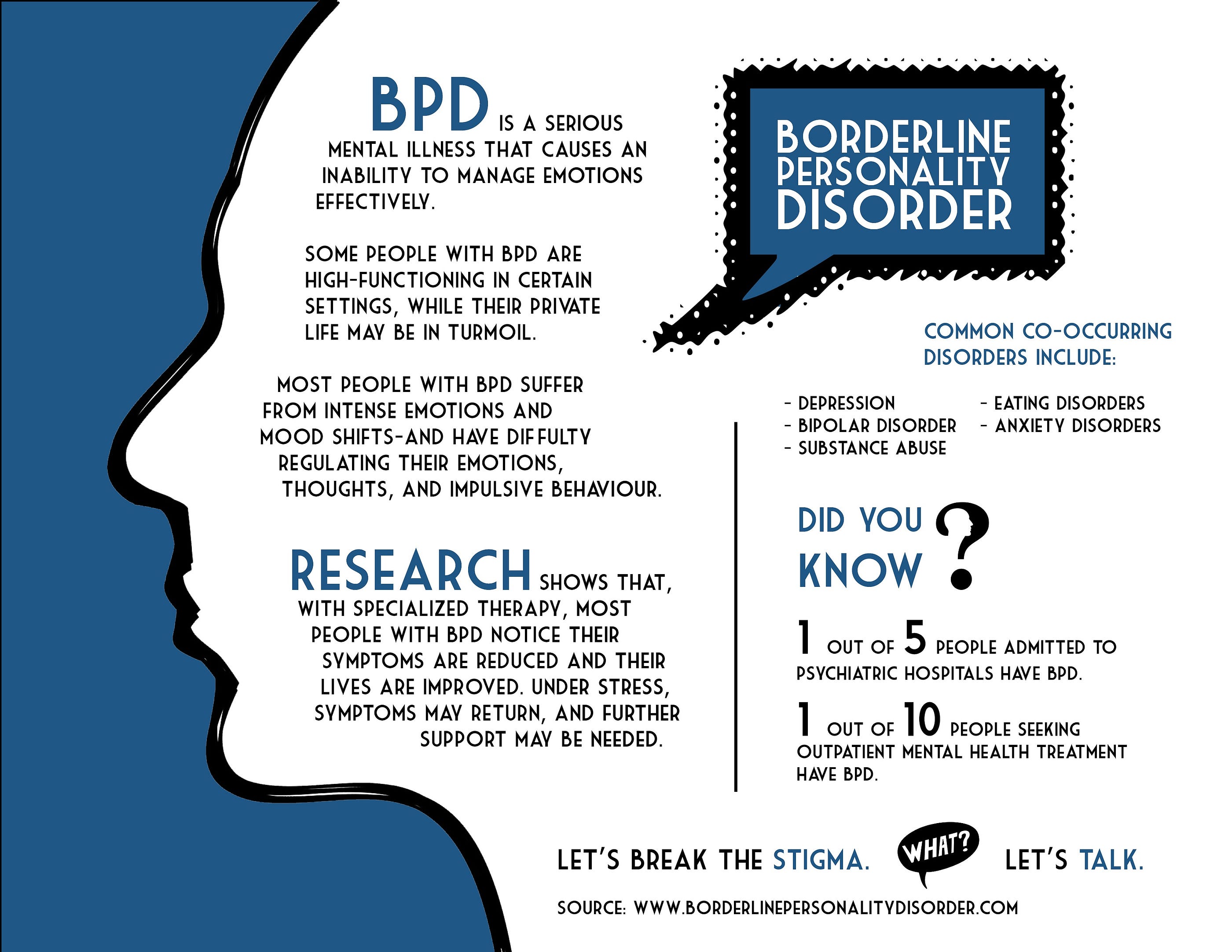
Painted Brain | What Is Quiet Borderline Personality Disorder? | by Painted Brain | Medium

11 Hidden Signs of 'Quiet' Borderline Personality Disorder | The Mighty
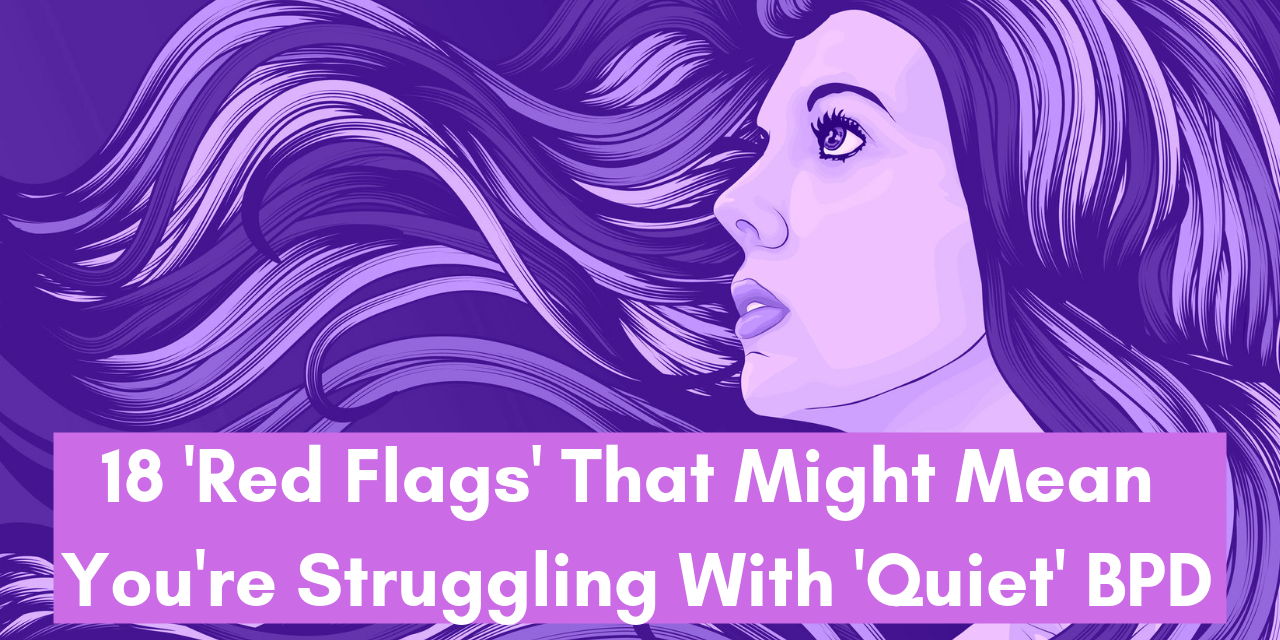
18 'Red Flags' That Might Mean You're Struggling With 'Quiet' BPD | The Mighty
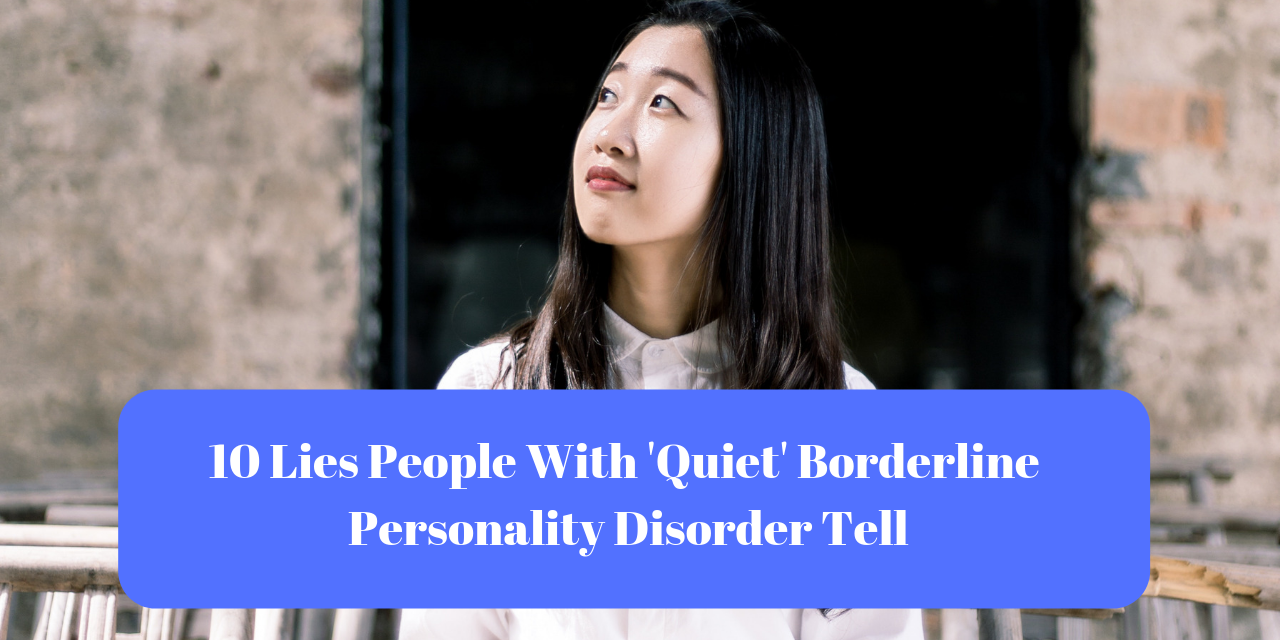
10 Lies People With 'Quiet' Borderline Personality Disorder Tell | The Mighty

Quiet Borderline Personality Disorder Quote (Page 1) - Line.17QQ.com

Psychotherapy of the Quiet Borderline Patient: The as-if Personality Revisited: 9781568210605: Medicine & Health Science Books @ Amazon.com
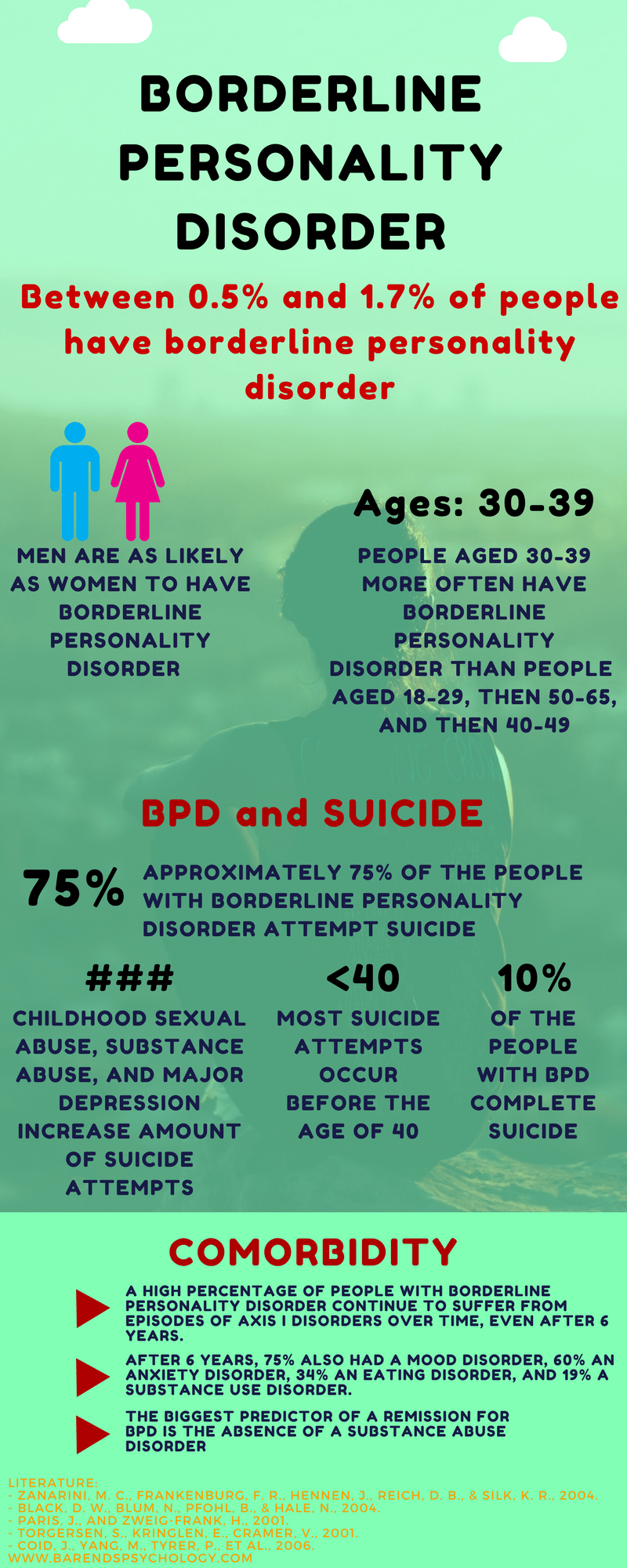
Borderline personality disorder test: free online BPD test.

Signs Of Quiet BPD - Are You Suffering In Silence?

Quiet Borderline Personality Disorder: Why It's Like a Roller Coaster | The Mighty

The Quiet Borderline The Forgotten Ones (Improved) - YouTube | Quiet, Coping mechanisms, Bpd
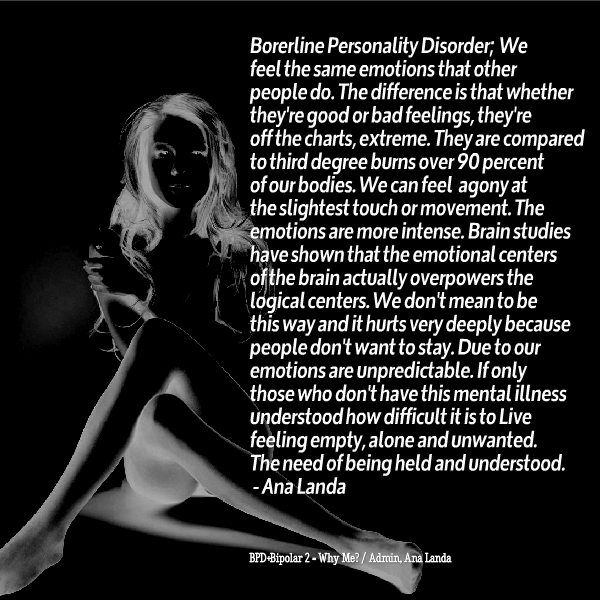
Mixed Feelings: Borderline Personality Disorder | Danielle Beersman

16 'Habits' of People Dealing With 'Borderline Guilt'
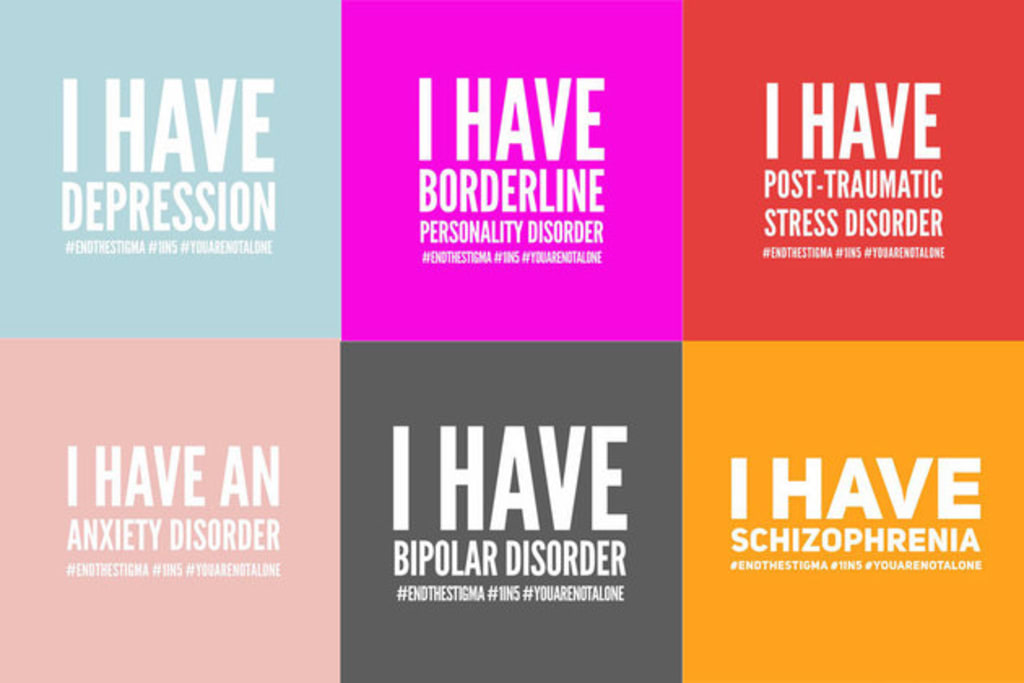
Living with Borderline Personality Disorder - the Diagnosis | Psyche

11 Hidden Signs of 'Quiet' Borderline Personality Disorder | Bpd relationships, Borderline personality disorder, Borderline personality disorder signs
What are some traits of a person with "quiet" borderline personality disorder? - Quora

no more spoons, only knives
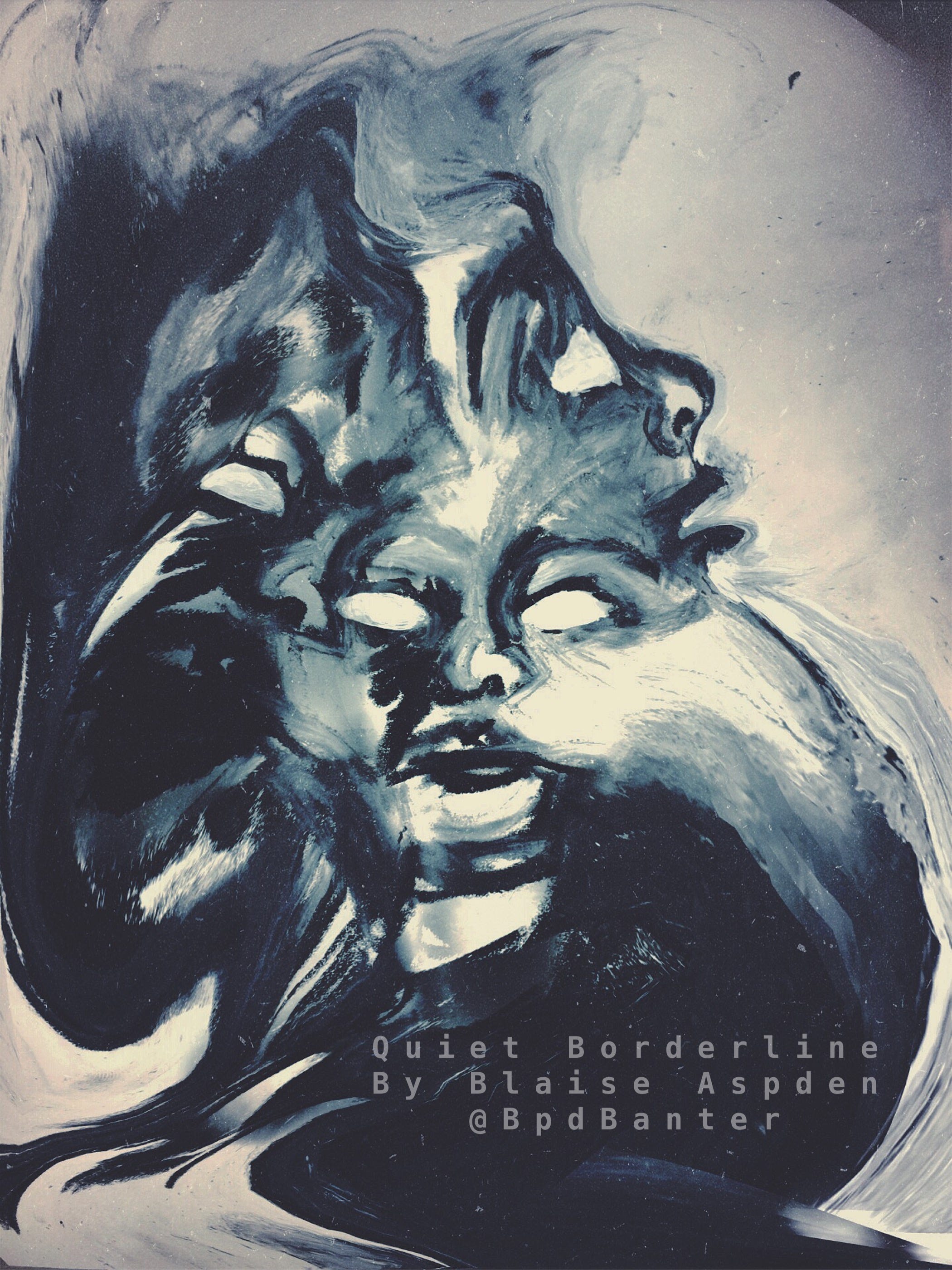
Quiet Borderline. | by Blaise | Medium
What Is "Quiet" Borderline Personality Disorder? #myersbriggs #INFP #ISFJ# #ISTJ #ENFP #ESTJ | Infj personality, Isfj, Personality growth

Quiet BPD: Symptoms, Causes, Diagnosis & Treatment
How do INTPs deal with a mental disorder, such as borderline personality disorder? - Quora
Quiet" Borderline Personality Disorder
What Is "Quiet" Borderline Personality Disorder? | Talkspace

30 Memes That Are Too Relatable If You're a 'Quiet Borderline' | Memes, Relatable, Borderline personality disorder

Borderline Personality Disorder – Deep thoughts
11 "Quiet" Borderline Personality Disorder Symptoms | YourTango

11 Hidden Signs of 'Quiet' Borderline Personality Disorder | The Mighty

Hidden Signs of 'Quiet' Borderline Personality Disorder - SOS Safety Magazine

11 Hidden Signs of 'Quiet' Borderline Personality Disorder | Borderline personality disorder, Borderline personality disorder signs, Bpd
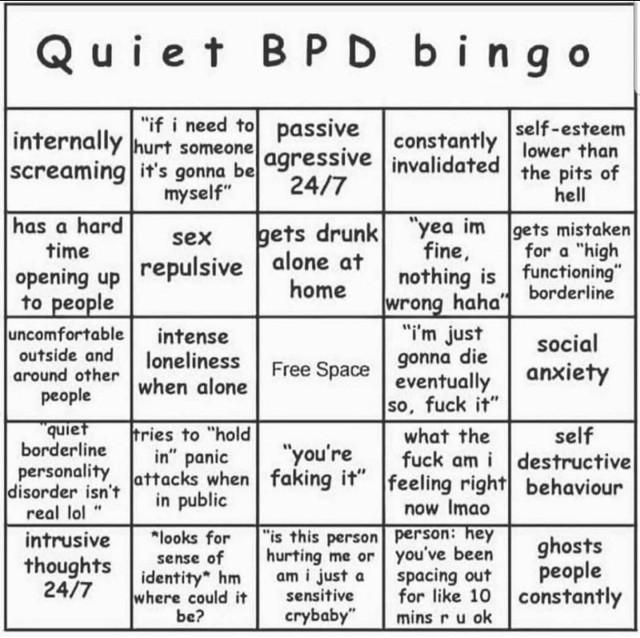
bpd bingo | Explore Tumblr Posts and Blogs | Tumgir
Quiet Borderline Personality Disorder (A Guide) - PsychReel

Misunderstood Signs That You Have High-Functioning BPD – Awareness Act

Quiet Borderline Personality Disorder: What is it? – Psych2Go
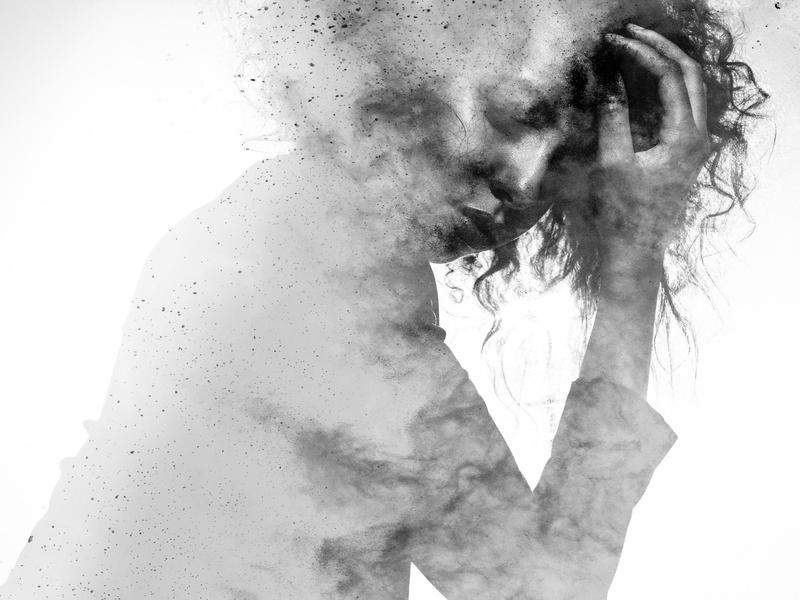
The War Inside of My Mind
What Is "Quiet" Borderline Personality Disorder? #Personality#INTP #ISFJ# … | Borderline personality disorder, Emotional manipulation, Personality disorder quotes

30 Memes That Are Too Relatable If You're a 'Quiet Borderline' | The Mighty
PSYCH101: Cristina Crego and Thomas Widiger's "Personality Disorders" | Saylor Academy

Quotes About Borderline Personality Disorder (Page 1) - Line.17QQ.com

24 Bpd ideas | bpd, borderline personality disorder, personality disorder
What's your craziest borderline personality disorder story? - Quora

Borderline personality disorder: An invisible struggle — Quartz India
Posting Komentar untuk "quiet borderline personality disorder"